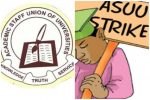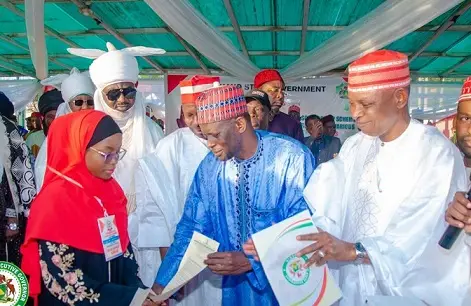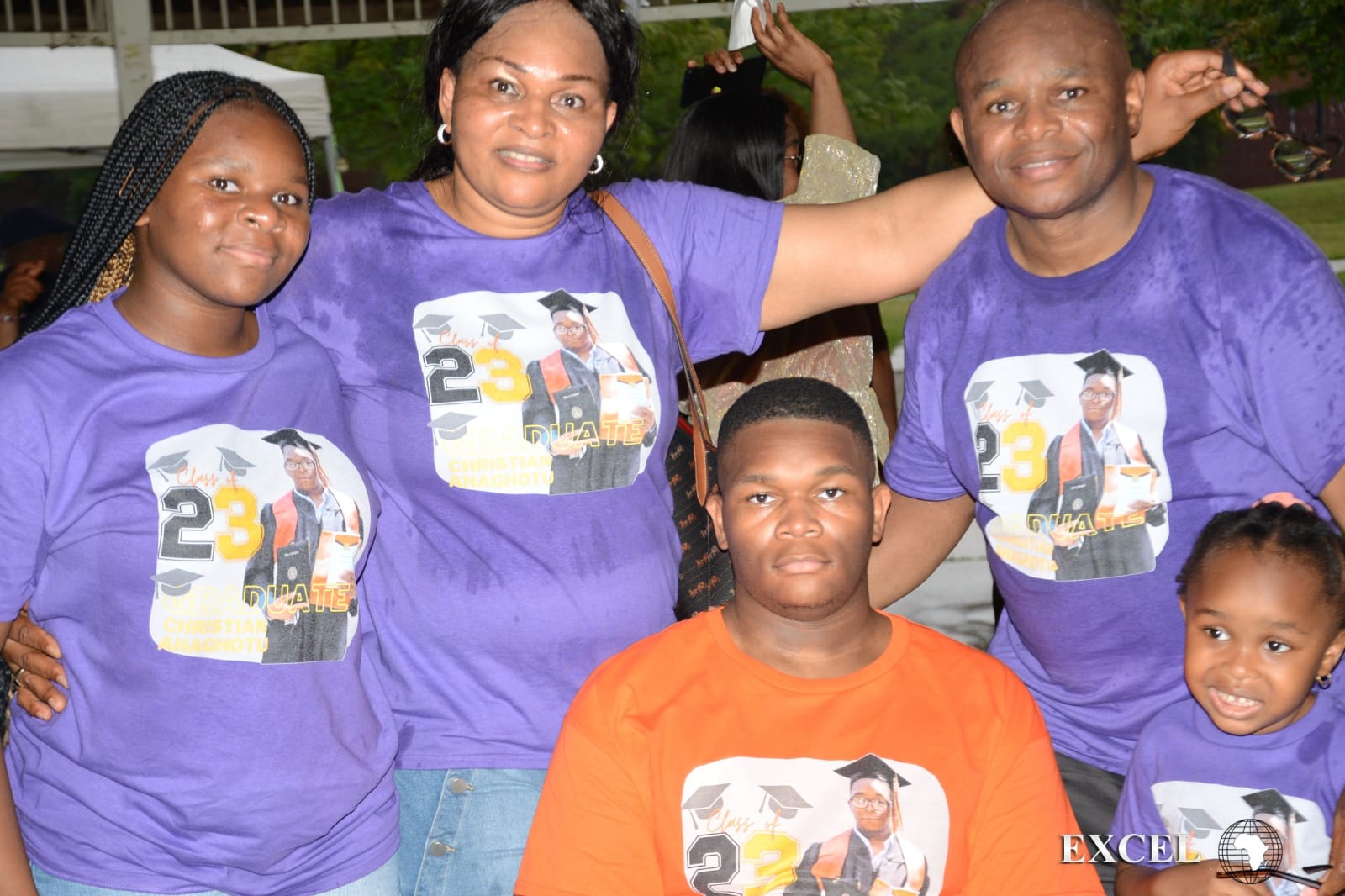As Nigerian students clamor on return to schools, EXCEL MAGAZINE INTERNATIONAL takes a look at the latest developments especially reactions on if lecturers will return to class anytime soon.
It would be recalled that the Nigerian federal government had signed an agreement with Academic Staff Union of Universities in 2009, with another signed in 2017 .
The Union of lecturers have however accused the Nigerian government of insincerity in honoring agreements reached.
ASUU has argued that these agreements were geared towards improving the overall welfare of Academic staff across the nation; improve general working and schooling conditions, so as to improve the standard and quality of education in Nigeria.
The result of the disagreement between the Academics and the government has been strikes which are sometimes indefinite actions.
While the union say it doesn’t wish to lock up schools, leaders have opined that going on strike is the most effective way to voice their grievances and frustrations at the manner in which the federal government has continued to handle these agreements.
The union has also been lately engaged with government on the decision to leverage on the IPPIS (Integrated Payroll and Personnel Information System) as a means of paying salaries of workers, a move the lecturers rejected.
According to them, the government should use a system which they have designed called UTAS for payment of lecturers. The Nigerian government however rejected this move.
Speaking to Excel Magazine International, the ASUU Chairman of Obafemi Awolowo University, Osun state Nigeria, Adeola Egbedokun PhD, noted that the federal government were not forced into the agreement “They (federal government) were not forced into signing these agreements, neither were they sleeping when signing it.
Those documents were signed because, collectively, we all agreed that the situation in our universities was grossly deplorable, lecturers’ welfare in terms of remuneration was very poor. So, government agreed to make provisions but up till now, government has refused to do the needful.”
Highlighting some of these issues, he further added, “It may be important to highlight some of these issues. The revitalization fund – government set up a committee of government officials and ASUU in 2013/2014 to come up with what it would cost the federal government to revitalize the public universities. The committee came up with a sum of 1.3 trillion Naira.
The government had agreed and said it would release the funds to universities in 5 tranches (220 million Naira), but up till now, the government has released only 40 million Naira. Also, earned academic allowances of which the federal government still owes an outstanding 85 billion Naira.
The agreed EAA into salary has also not been done. Now, the 2009 FGN/ASUU renegotiation was billed every three years, but up on till now, the federal government is still foot-dragging.”
Speaking on the way forward, he added “let me use this opportunity to admonish the federal government to kindly present a reputable Nigerian, who has love for the University system, as the government representative on the Renegotiation team. The suspension or calling off of the strike is largely dependent on the government.”
On the possibility of Obafemi Awolowo University resuming, the Public Relations Officer of the institution, Abiodun Olanrewaju said only the Federal Ministry of Education or Nigerian Universities Commission can order resumption of the school.
He said, “ Our reopening or non-reopening (in relation to OAU) Is basically on the instructions of either the NUC (Nigerian Universities Commission) or federal Ministry of Education. There is no federal government University that has reopened, ASUU or not. We don’t deal with speculations or hearsay or go on social media; we deal with circulars and memos or letters emanating from the NUC or the federal ministry of Education.”
As the ASUU indefinite strike continues, it remains to be seen whether the Federal Government and the Academic Staff Union of Universities can find common ground and resolve all unsolved agreements even as schools remain shut. The matter continues to unfold.
Nigerian students have also taken to the Social media to demand an end to the Academic Staff Union of Universities strike stating that they need to return to classes. The students say it is unfair to keep them home due to disagreements between the Union and Federal government appealing for a solution to the menace.
The Nigerian Senate has also met with the leadership of the Academic Staff Union of Universities with the Union presenting what they termed as ‘University Transparency and Accountability Solution’. They described UTAS as a home-grown method that would end its ongoing eight-month industrial action if embraced by the Federal Government.
The Nigerian Senate President Ahmad Lawan however promised to intervene in the crisis.
The Senior Staff Association of Nigerian Universities and Non-Academic Staff Union in Nigeria have also opposed the use of IPPIS, which they say will not serve their members interest. The Unions also noted that the intent to use the system to curb corruption and waste has failed.
The President of the SSANU, Comrade Samson Ugwoke said the Non-academic unions were working on an alternative platform tagged University General and Peculiar Payment Platform (UG3P) which is in its final stage of completion.
The tension does not look like subsiding as the Nigerian government and the Unions have hit brick-wall on agreements that will ensure students return back to school.










